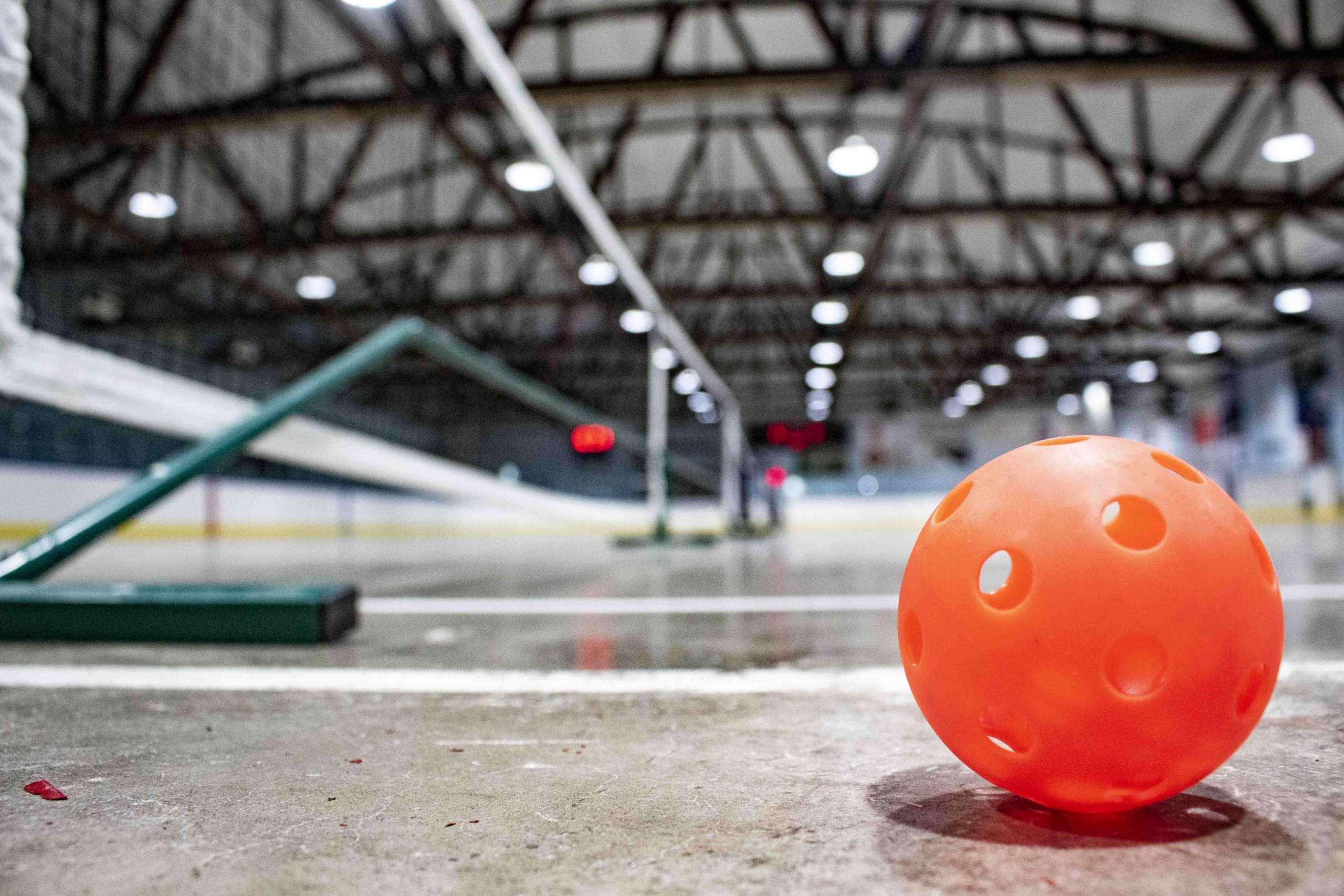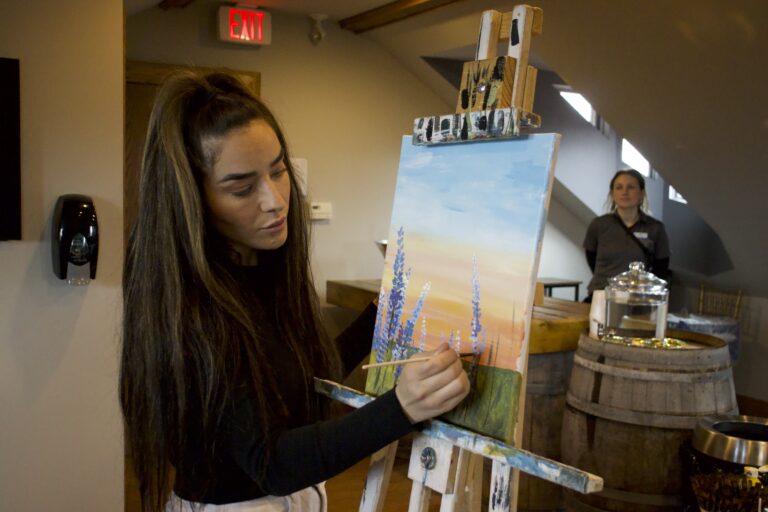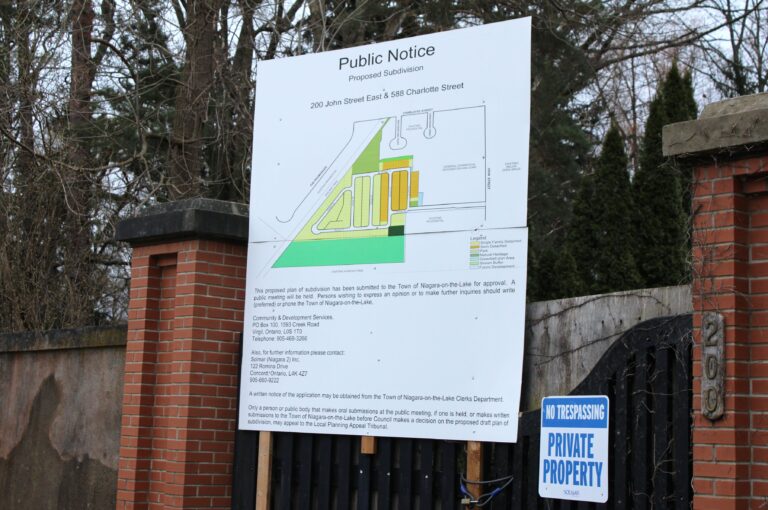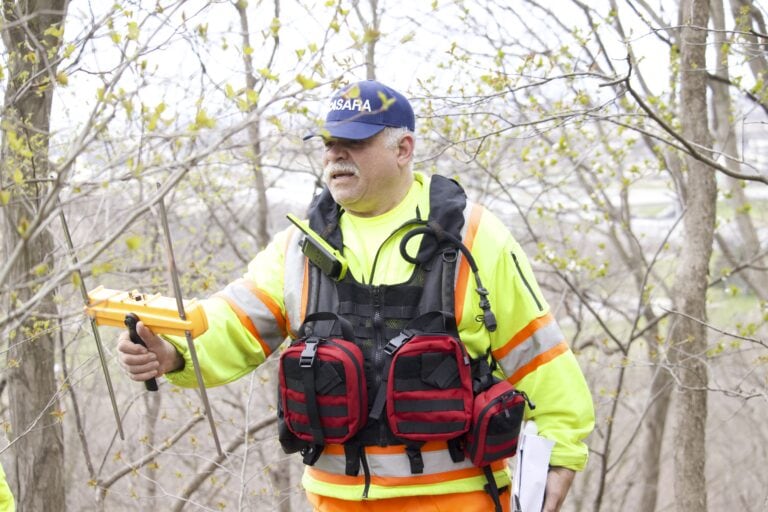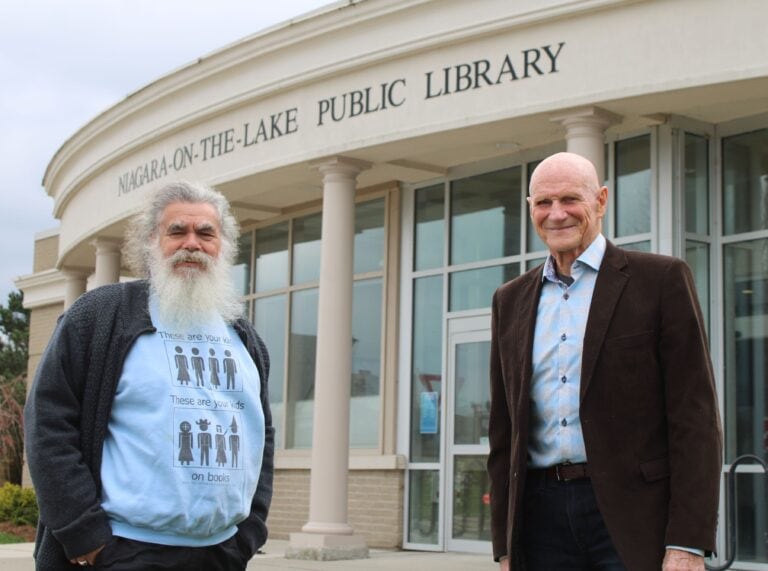The sport must go on.
It has been a little more than a week since a justice of the peace placed a probation on the use of the Centennial Sports Park courts for pickleball for two years.
Lord Mayor Betty Disero says she is focused on what comes next and finding solutions for the NOTL Pickleball Club.
“That’s the big thing for me. ‘OK, we find ourselves here, where do we go now?’ ” Disero said in an interview.
“We have to figure out how we can accommodate pickleball and where we can accommodate pickleball. For this year, it may have to be indoors,” she said.
Disero said, as the town’s leader, said she wanted to focus on what can be done instead of brooding over the result of the legal action.
She has suggested several alternative locations for the courts: The old Virgil school on Four Mile Creek Road, Vineridge Academy on Niagara Stone Rd. (formerly Niagara District Secondary School), Parliament Oak and the Croatian Community Centre as jumping off points for a staff investigation.
But there is a second aspect to the situation that is important for Disero.
“We’ve spent money making a court, how can we use it? How can the community use it? It’s there, we’ve paid for it and I don’t want it to sit empty,” she said.
Disero made several passing suggestions for use including as a volleyball court, a badminton court or for spec-tennis, a growing sport among seniors.
“Although I think we’d leave the beach sand out of it if we were going to do volleyball,” Disero said, referencing a comment made by Coun. Clare Cameron during a council meeting on June 20.
“It’s a great surface. It’s got to be used for something that won’t destroy the surface.”
Disero wanted to assure the town’s many pickleball players that something will be done to address the loss of the courts.
“Council and staff will endeavour to try to assist to help find alternative locations. I realize the arena is not the ideal location because it is concrete flooring.”
Disero said one of her immediate reactions upon hearing the verdict last week was disappointment that town council had not sooner passed an amendment to the noise bylaw which allows for recreational noise from town parks.
“It was unfortunate that council didn’t adjust their bylaw last November or even a month before we did because I think it made the difference in the legal framework of the verdict.”
“That’s just my opinion.”
The bylaw change originally came up during an April 25 council meeting. It was defeated in a tie vote. Couns. Gary Burroughs, Clare Cameron, Wendy Cheropita and Sandra O’Connor voted against the motion. Coun. Erwin Wiens was absent.
As a result the change to the bylaw was not brought into effect until the June 20 council meeting.
David Germain, a partner with Thomson Rogers and a specialist in municipal affairs and bylaws, said it is completely within council’s wheelhouse to change the bylaw.
“Municipal councils are the ones who get to decide what the content of those bylaws is. They’re the ones with the responsibility for passing those bylaws and the power to amend them as they see fit,” Germain said.
“So, it’s totally within their power to change the rules so to speak.”
Disero thinks a bylaw amendment would not affect the current ruling, but would prevent future cases on the matter.
But she also doesn’t want to leave the impression that the town will not address noise concerns coming from town parks.
“If there is an issue with noise in a sports field that is something that we can work towards mitigating then we should do it,” she said.
The Lake Report reached out to Terrence Hill, the lawyer who represented the town during the case, for clarification on how the ruling and the bylaw change would interact but did not hear back as of deadline.
Germain said he was unsure how a bylaw change would be affected by the probation order. But he strongly suggested going against the probation order is not in anyone’s interest.
“Contempt of court is serious,” Germain said.
One of the apparent key points of the case is the subjective nature of the bylaw. Germain said subjective wording in municipal bylaws is common.
“You see that sort of thing a lot, especially in older municipal noise bylaws where the standard or the prohibition is something like, ‘No one is permitted to make a noise that is likely to disturb someone,’” he said.
“And sometimes there’s parameters around that, like you can’t make the noise after 11 at night or that will bother someone inside their home.”
“But that kind of subjective standard, yes, is very common.”
Germain said more detail in noise bylaws is often to the benefit of residents trying to understand the parameters – and for enforcement.
He noted that even once the probation period is over, the offence can still recur.
“If something was an offence today and the bylaw is not changed (then) it’s going to be an offence tomorrow,” he stated simply.
This means that once the two-year probation is up, if the bylaw had remained unchanged, players could return to the courts but any resident could charge the town and club with the same noise bylaw infraction.
Disero also raised the issue to the rest of council about how the town can help the pickleball club find a new temporary home.
Council unanimously agreed to have staff prepare a report on alternative locations and to look at what different sports can be used on the existing courts.



